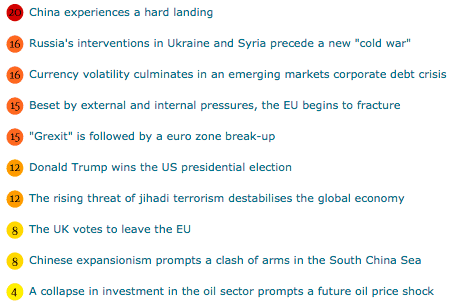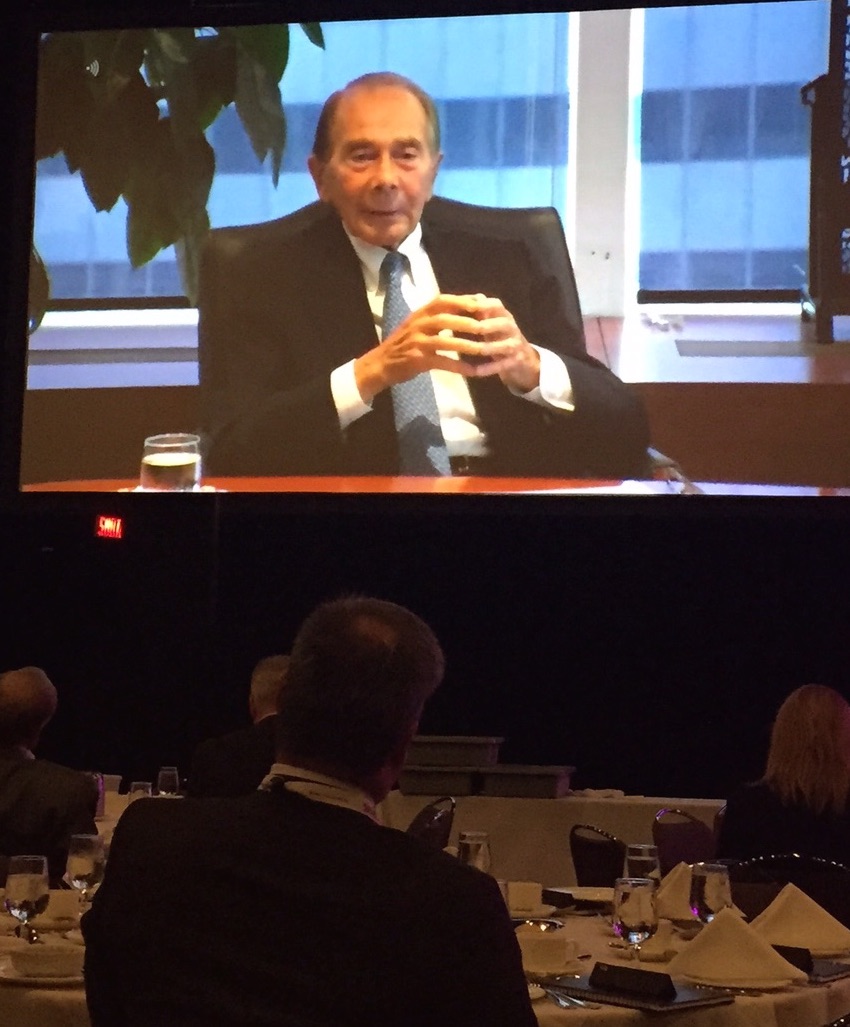In last night’s third and final presidential debate of the 2016 election cycle, immigration again emerged as a defining topic in discussion of both regulatory reform and the economy. With an increasing amount of immigration by highly skilled laborers—and, of course, the potential reputation impact on companies seen as giving more jobs to non-citizens or moving out of the country in pursuit of labor—changes in such policy have clear implications for risk professionals.
Last month, the National Academies of Sciences, Engineering and Medicine released one of the most comprehensive studies to date on the economic impact of immigration in the United States. Overall, the researchers found that immigration over the past couple of decades has done more good than harm, creating positive impacts on the national economy and causing little lasting impact on the wages or employment levels of native-born Americans. “Immigration enlarges the economy while leaving the native population slightly better off on average,” the study said, also pointing out increases in innovation, entrepreneurship and technological change across the economy. “The prospects for long run economic growth in the United States would be considerably dimmed without the contributions of high-skilled immigrants,” the researchers reported.
Some of the study’s key findings and conclusions include:
- When measured over a period of 10 years or more, the impact of immigration on the wages of native-born workers overall is very small. To the extent that negative impacts occur, they are most likely to be found for prior immigrants or native-born workers who have not completed high school—who are often the closest substitutes for immigrant workers with low skills.
- There is little evidence that immigration significantly affects the overall employment levels of native-born workers. As with wage impacts, there is some evidence that recent immigrants reduce the employment rate of prior immigrants. In addition, recent research finds that immigration reduces the number of hours worked by native teens (but not their employment levels).
buy reglan online dentalhacks.com/wp-content/uploads/2023/10/jpg/reglan.html no prescription pharmacy
- Some evidence on inflow of skilled immigrants suggests that there may be positive wage effects for some subgroups of native-born workers, and other benefits to the economy more broadly.
- Immigration has an overall positive impact on long-run economic growth in the U.S.
- In terms of fiscal impacts, first-generation immigrants are more costly to governments, mainly at the state and local levels, than are the native-born, in large part due to the costs of educating their children. However, as adults, the children of immigrants (the second generation) are among the strongest economic and fiscal contributors in the U.S. population, contributing more in taxes than either their parents or the rest of the native-born population.
- Over the long term, the impacts of immigrants on government budgets are generally positive at the federal level but remain negative at the state and local level — but these generalizations are subject to a number of important assumptions. Immigration’s fiscal effects vary tremendously across states.
buy tamiflu online dentalhacks.com/wp-content/uploads/2023/10/jpg/tamiflu.html no prescription pharmacy
“The panel’s comprehensive examination revealed many important benefits of immigration—including on economic growth, innovation, and entrepreneurship—with little to no negative effects on the overall wages or employment of native-born workers in the long term,” said Francine D. Blau, Frances Perkins Professor of Industrial and Labor Relations and professor of economics at Cornell University, and chair of the panel that conducted the study and wrote the report.
“Where negative wage impacts have been detected, native-born high school dropouts and prior immigrants are most likely to be affected.”
Check out the April cover story from Risk Management, “Welcome to America: Why Immigration Matters for Business,” for more on the risk management implications of immigration into the United States.


